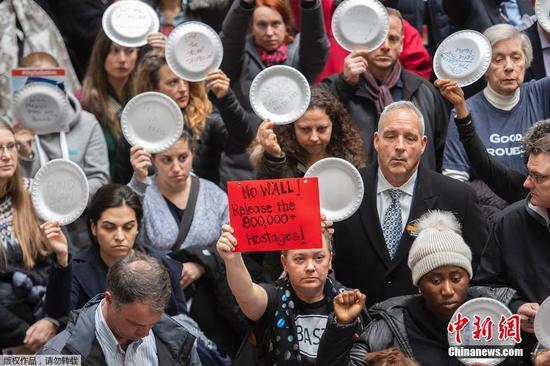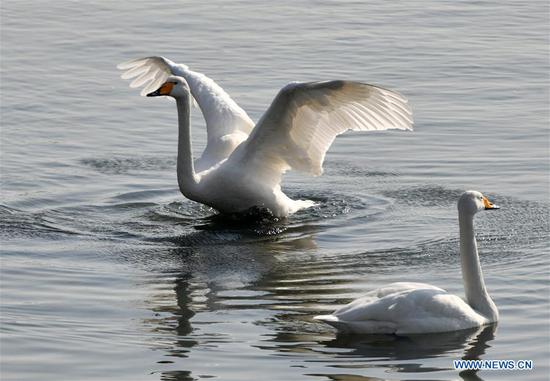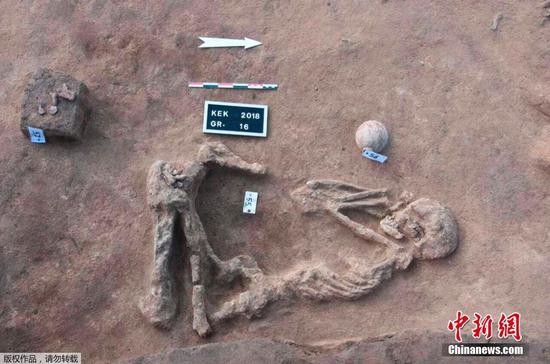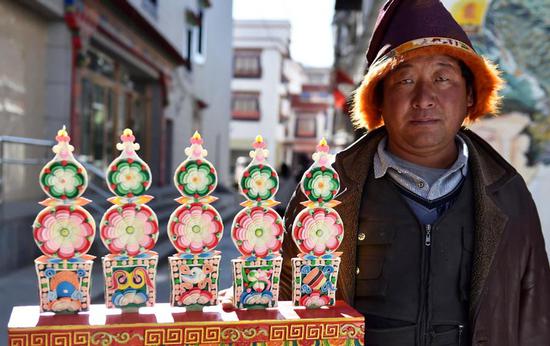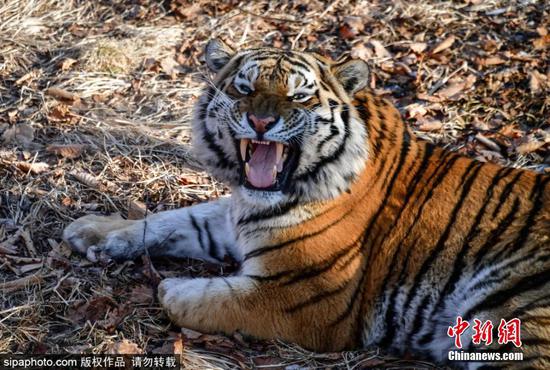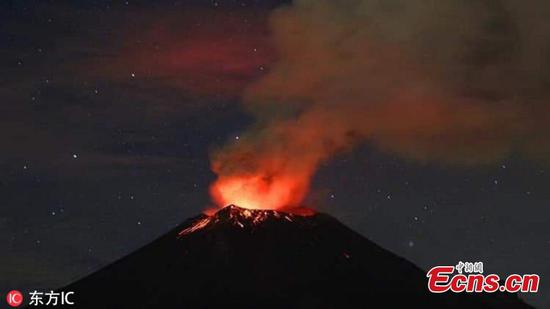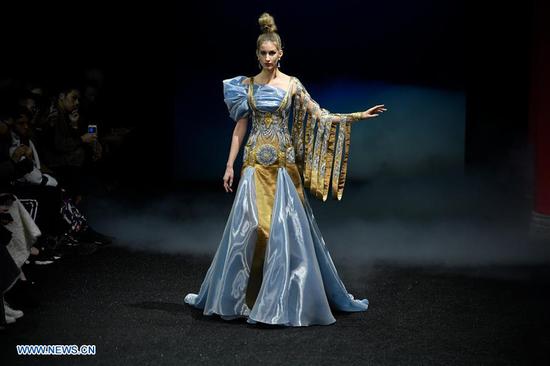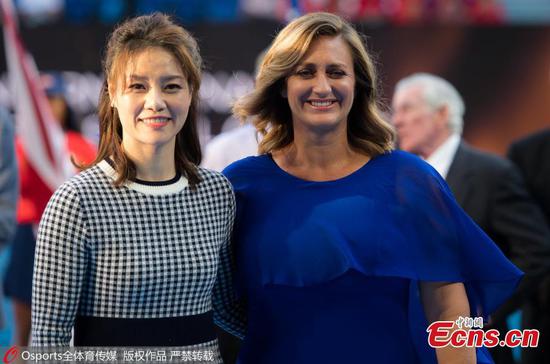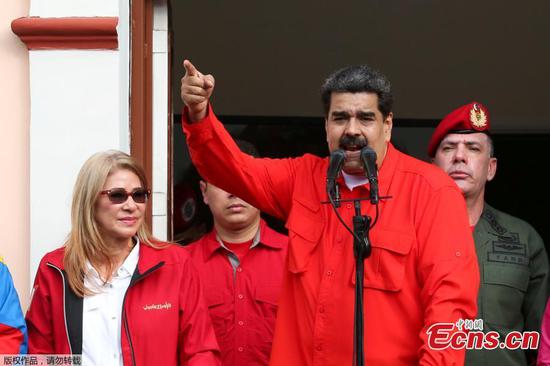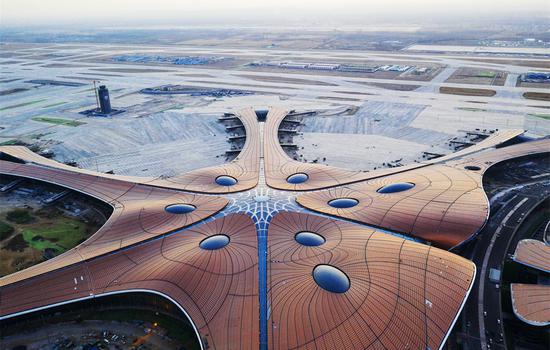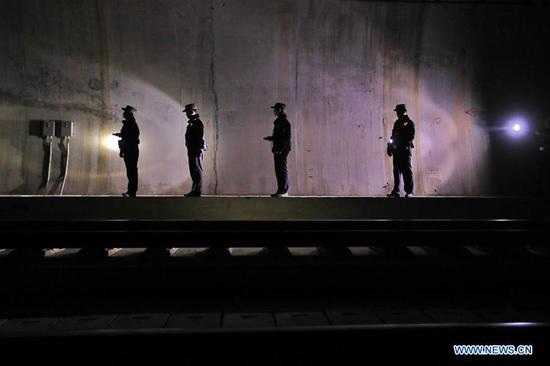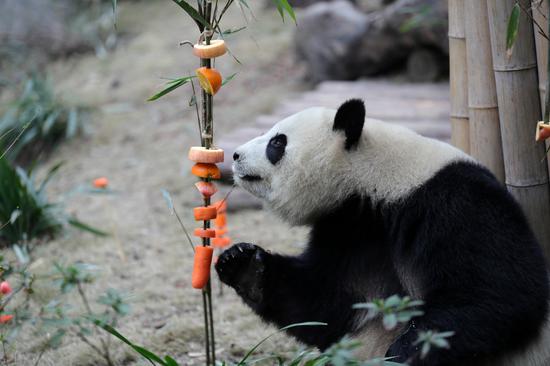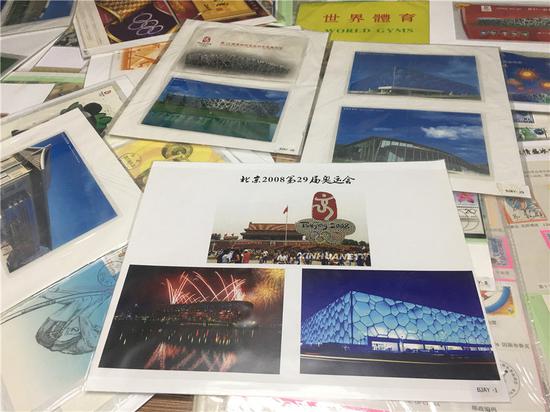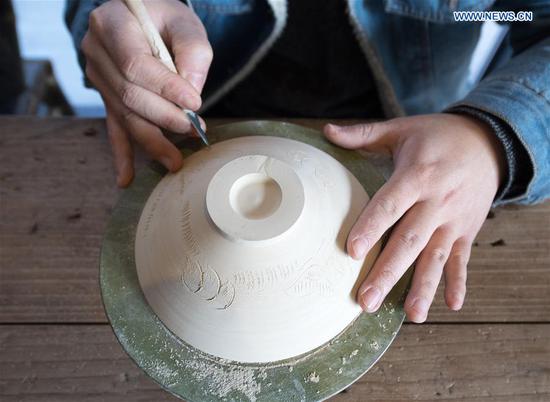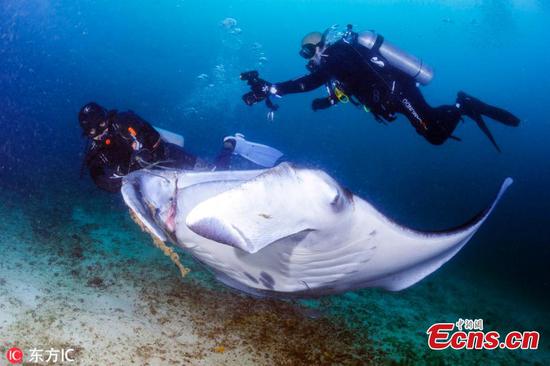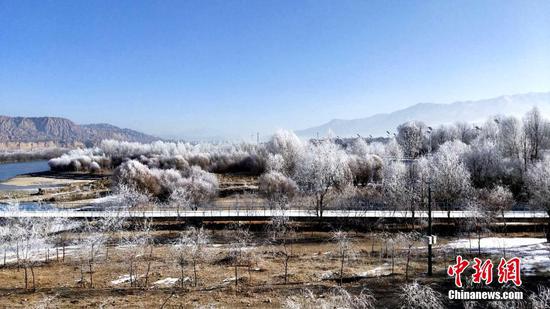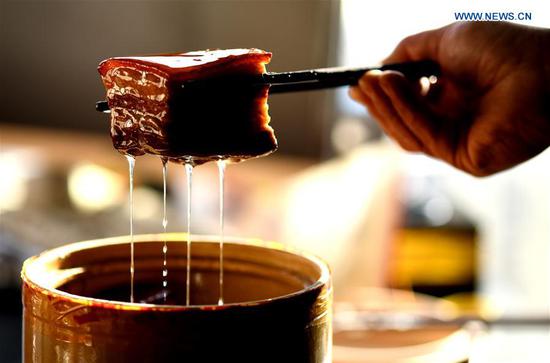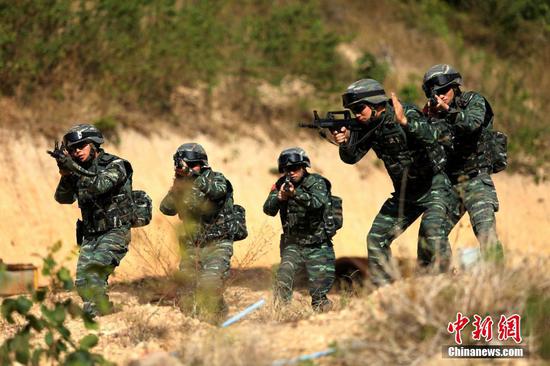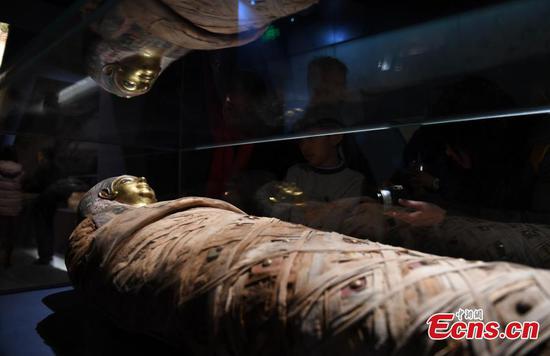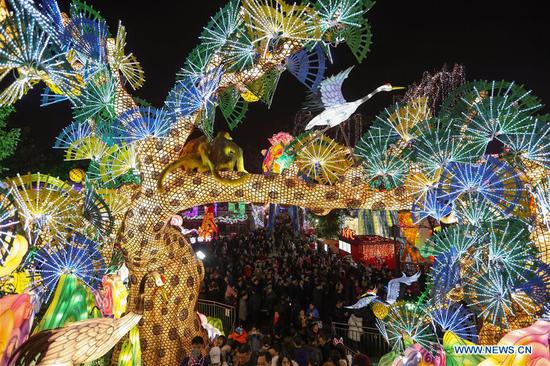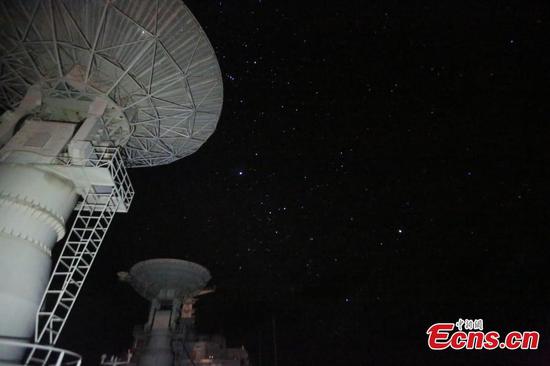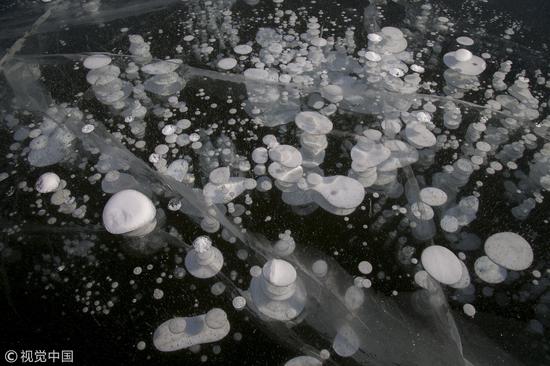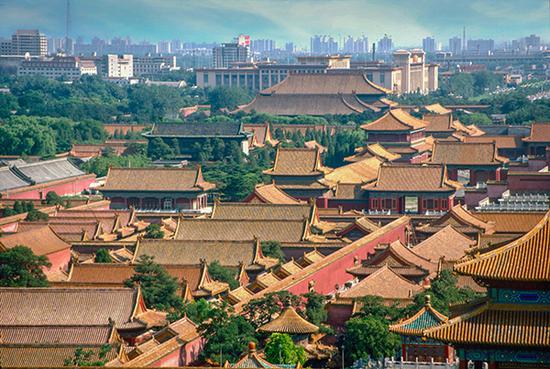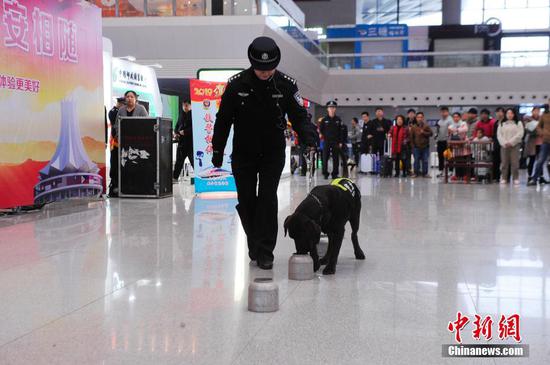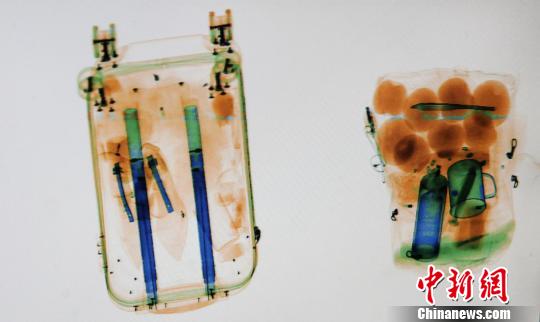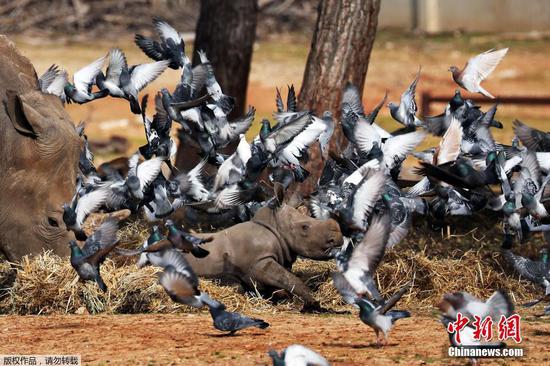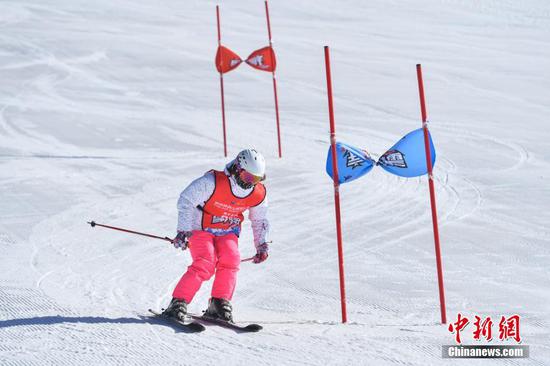FM: China opposes interference in other nations' domestic affairs
China said on Thursday it opposed foreign intervention in Venezuela's situation and urged the U.S. and Venezuela to deal with each other based on mutual respect and a principle of non-interference as Venezuelan President Nicolas Maduro announced ties with the U.S. had been cut.
Maduro on Wednesday announced he was severing "diplomatic and political" ties after the U.S. recognized opposition leader Juan Guaido as the nation's interim president, the Xinhua News Agency reported on Thursday.
"I have decided to break diplomatic and political relations with the imperialist U.S. government," Maduro said in a speech to supporters gathered outside the presidential headquarters in Caracas, the capital city of Venezuela.
"Out they go from Venezuela, enough of interventionism," said Maduro, who was accompanied by his cabinet.
China supports the Venezuelan government making efforts to safeguard the country's sovereignty and stability, and opposes foreign interference in Venezuela's domestic affairs, Chinese Foreign Ministry spokesperson Hua Chunying said at a routine press conference on Thursday.
China is paying high attention to the situation and urges relevant parties in Venezuela to keep calm and rational and seek a political solution through peaceful dialogue to the problem based on the Constitution of Venezuela, Hua said.
If the U.S. and other countries launch military intervention, not only would China's interests be harmed but the security of neighboring countries in the region might also be affected, Guo Cunhai, an expert on Latin American studies at the Chinese Academy of Social Sciences in Beijing, told the Global Times on Thursday.
Many Latin American countries followed the U.S. in recognizing the opposition leader, but the military and police are still under the control of Maduro, Guo said.
"Therefore, the opposition leader Guaido is unlikely to bring a major impact. But if the U.S. launches a military intervention to help Guaido, then the civil war will spill over and no Latin American countries in the region would like to see this happen," Guo said.
Maduro ordered all U.S. diplomatic and consular personnel to leave his country in 72 hours, accusing Washington of orchestrating "an operation to impose, through a coup d'etat, a puppet regime in Venezuela."
Hua said on Thursday that China always opposes interference in other countries' domestic affairs, and hopes the international community can create positive conditions for Venezuela's domestic situation.
Hua also said that the U.S. and Venezuela are two important countries in the Western hemisphere, and the traditional relationship between these two countries was close. China hoped that Venezuela and the U.S. could deal with each other based on equality, mutual respect and a principle of non-interference, Hua said.
China hoped that Venezuela and the U.S. could deal with each other based on equality, mutual respect and a principle of non-interference, Hua said.
"This will not only serve the interests of the two countries and the two peoples, but will also be good for the peace and stability of the region," Hua noted.
Hua said all relevant parties opposed military intervention, and the Chinese side "wants to stress that sanctions and interventions will make the situation more complicated."
Earlier in the month, the National Assembly of Venezuela adopted a resolution to invoke the Venezuelan Constitution's Article 233 to form a "transition government" and hold transparent and free elections.
The resolution also called on China and other countries to freeze the accounts and assets of the Venezuelan government.
Hua said on January 17 that "China consistently upholds the principle of non-interference in others' internal affairs and supports the Venezuelan people in independently seeking out a path that suits its national conditions.
"As for who should lead them in this process, all parties shall respect the choice already made by the Venezuelan people."
Apart from analyzing the political situation, China also needs to understand the main reason why Venezuela is suffering from such instability, said Mei Xinyu, a research fellow at the Chinese Academy of International Trade and Economic Cooperation in Beijing.
The unreasonable high-welfare economic system is the main reason for the current situation in Venezuela rather than foreign interference.
"The high-welfare policy means, for instance, the pillar of the country's economy - the state-owned petro enterprise PDVSA - cannot use its profits to boost sustainable development, and the people's motivation for contributing to economic growth has been damaged."









